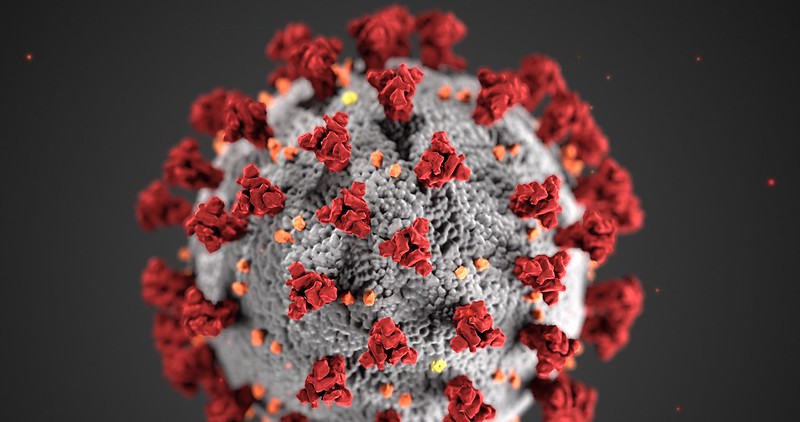COVID-19 lockdowns have had a devastating effect on employment for many across the United States, and it comes as no surprise that there are racial as well as gender disparities in these effects. Unexpectedly, however, my colleagues and I have found that Asians make up the demographic hit the hardest by these policies.
In a recent research note that will be published in the upcoming edition of Research in Social Stratification and Mobility (Kim, Kim, Tuttle, & Zhang, 2021), we analyze the net effect of lockdown procedures on the relative probability of employment change. To do so, we turn to the Current Population Survey – Merged Outgoing Rotation Group (CPS-MORG) (Flood, King, Rodgers, Ruggles, & Warren, 2020), which is a dataset based on a national questionnaire that interviews respondents across multiple occasions. With this data, we create two subsets; one that compares the relative probability for each racial group of losing employment during the months of January through April (when lockdown measures first came into effect) and one that compares the chances of regaining employment during the subsequent months of May through August.
During the first period, which we call the “lockdown” period, we find that Asians men had a 5.5 percentage point higher likelihood of losing their jobs than white men, the group with the overall lowest probability of losing their jobs during the pandemic. Upon further analysis, we find that this gap is much greater when we only look at individuals without a college degree. In other words, Asians with less education were the hit the hardest of all groups. Asian women in general were not statistically disadvantaged compared to white women, but when we analyzed only the less educated, we find a similar pattern to that of the men. That is, we find that Asian women without a college degree were more likely to lose their jobs during the lockdown period than white women.
No minority group regained employment at a comparable rate to whites during the “reopening” period, including those who were hit hardest by the lockdowns. On the other hand, Black and Hispanic women were more likely to lose their jobs during this period.
Often considered the “model minority,” the disadvantages Asians faced was surprising. What can explain these differences? We offer three potential explanations, all of which merit further research. The first possibility is a rise in anti-Asian racism during the pandemic. Past studies have shown that illnesses are often racialized and racial groups associated with the disease face additional discrimination (Eichelberger, 2007; Monson, 2017). As the earliest cases of COVID-19 are thought to have occurred in China, many public figures including President Donald Trump have taken to calling it the Chinese virus, the Wuhan virus, the Kung Flu, and numerous other racialized names. Since the rippling effects of COVID first swept across the United States, the FBI has reported a dramatic increase in hate crimes against Asians (Choi & Kulkarni, 2020), however, causal links between this and the racialization of COVID have not been formally established.
A second possibility is self-selection. That is, perhaps Asians are more likely to voluntarily leave their jobs than other racial groups. Finally, a third possibility is that Asians might be more likely than other groups to avoid routine consumer behaviors such as shopping or going to restaurants. Since Asians often live in enclave communities densely populated by other Asians, disproportionate drops in Asian consumption might be especially crushing to predominantly Asian communities.
As the phenomenon of COVID-19 is still relatively new and far from over, answers to these questions remain beyond our grasp.
coronavirus flickr photo by Alachua County shared with no copyright restrictions using Creative Commons Public Domain Mark (PDM)
References
Choi, C., & Kulkarni, M. P. (2020). In six weeks, STOP AAPI HATE Receives Over 1700 Incident Reports of Verbal Harassment, Shunning and Physical Assaults. Chinese for Affirmative Action.
Eichelberger, L. (2007). SARS and New York’s Chinatown: the politics of risk and blame during an epidemic of fear. Social Science & Medicine, 65(6), 1284-1295.
Flood, S., King, M., Rodgers, R., Ruggles, S., & Warren, J. R. (2020). Integrated public use microdata series, Current Population Survey: Version 7.0 [dataset]. IPUMS, Minneapolis.
Kim, A. T., Kim, C., Tuttle, S. E., & Zhang, Y. (2020). COVID-19 and the decline in Asian American employment. Research in Social Stratification and Mobility, 71, 100563.
Monson, S. (2017). Ebola as African: American media discourses of panic and otherization. Africa Today, 63(3), 3-27.

